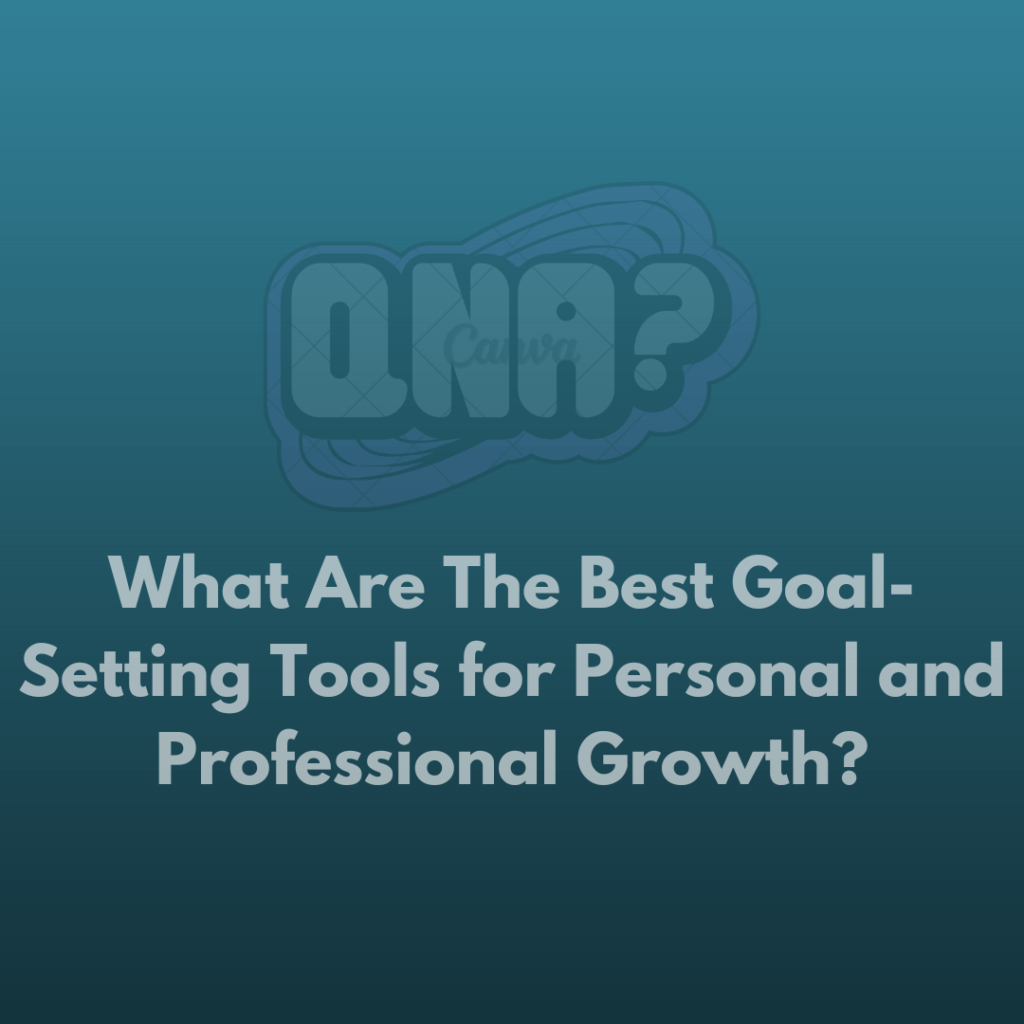Answer | As we come closer to the year 2025, the small business digital landscape is going through a sea change. At its center lies growth in the adoption of cloud services, which is changing how small enterprises work, compete, and grow. This move into cloud computing is not another fleeting trend but a new imagination in business amidst the digital backdrop. In this section, we cover most of the very many benefits that cloud services place at the doorstep of any small business. We zero in on what one should expect along the way forward into 2025.
Understanding Cloud Services
Before getting into the specific benefits, it’s essential to create a clear understanding of what we mean by cloud services. Simply put, cloud services are ‘a large group of IT resources and capabilities provided over the internet.’ These involve Software as a Service, Platform as a Service, and Infrastructure as a Service.
SaaS refers simply to the delivery of software applications without the need for local installation. PaaS offers an entire platform where applications are developed and deployed by a certain group of developers, while IaaS provides virtualized computing resources via the Internet. All these services taken together grant businesses computing power, storage, and applications without the hassle and expense of on-premise hardware and software installations.
Cost Efficiency: How SMBs Benefit from It
Of all the advantages that cloud services can offer a small business, probably the most important is cost efficiency, and this benefit can only be more pronounced moving toward 2025. Traditional IT infrastructure typically requires huge investments in hardware and software licenses upfront, not to mention the investment in highly skilled people to manage and maintain these systems. For many small businesses, such costs could be out of their reach and may even prevent them from accessing sophisticated technologies needed to compete effectively.
Cloud services, on the other hand, follow a different model. It is in this way that cloud services significantly bring down the bar to entry for small businesses trying to avail of sophisticated IT capabilities. Most cloud service providers apply the pay-as-you-go model, which allows companies to only pay for what they use, thereby providing an unprecedented level of control over IT budgets.
The cost benefits are likely to grow even further as cloud technologies continue to evolve and become more efficient. Come 2025, we will see much more competitive pricing models and a plethora of specialized services that can accommodate the unique needs of small businesses. It is this democratization of technology that is evening the playing field for small enterprises—giving them the chance to use powerful tools and resources that were otherwise the preserve of large companies.
Increased Scalability and Flexibility: Resilience in a Dynamic Market
In the year 2025, heightened pressure from the business environment will make scaling up or down with both speed and flexibility more than an advantage, but rather a necessity of survival. Cloud services are incomparable regarding scalability, thereby empowering firms to scale their IT resources at very fast rates by changing market demands.
This scalability transcends computing power. Very small businesses can scale with much ease to new geographic locations; that is, entry into new markets without large IT investments in every location. With remote work increasingly becoming the standard, cloud services will play a vital role in supporting these distributed teams, ensuring flawless operations across time zones and locations.
More than this, the flexibility that cloud services provide will help small businesses get through seasonal fluctuations and unexpected changes within the market. Be it scaling up during holiday demand or fast-tracking new business models to adapt to disruptions in the market, cloud services provide agile responses to help small businesses succeed in a very unstable business environment.
Improved Collaboration and Productivity: Redefining Workplace Dynamics
The way work is done will fundamentally change by 2025: remote and hybrid ways of work will become the rule rather than the exception. Aligning at the very center of this sea change are cloud services, with tools and platforms now redefining how teams collaborate and work with each other.
This real-time sharing and editing of documents enables different team members to work on the same projects simultaneously, even while they may be physically far apart. The best and most advanced of these communication tools, based on the cloud, will have virtual meeting spaces and collaborative platforms that drive home remote collaboration—not just feasible but highly effective and engaging.
These cloud services—namely, the ability to access work from any device, anywhere—are only going to enhance flexibility and productivity. This kind of ubiquitous access to resources at work is likely to blur the distinction between conventional office spaces and remote work settings and create a fluid, adaptive workforce.
Further, as artificial intelligence and machine learning technologies continue to mature, we can expect to see these integrated into cloud-based productivity tools. AI-powered assistants could assist in scheduling, analyzing data, and even creative tasks, further boosting productivity and empowering small business employees to focus their energy on high-value activities.
Advanced-Data Security and Compliance: Enterprise-Grade Protection for All
With the changing cyber threats every day and increasing stringency of data privacy regulations, security, and compliance will be priorities for all businesses—big or small. A security that is typically enterprise-grade is likely to be given by cloud services to small businesses by 2025.
The providers of cloud services in the industry continually upgrade their defenses against the newest threats and are heavy investors in them. This relates to state-of-the-art encryption techniques, multi-factor authentication, and AI-powered threat detection systems. For small businesses, utilizing these rich security features via cloud services will be much more cost-effective and reliable than trying to implement comparable security in-house.
Additionally, most cloud services will come with tools and features to help businesses meet some of the industry regulations. This will be of immense value in highly regulated industries such as healthcare, financial services, and legal services—parts where data protection standards are very critical for a firm.
As more countries consider data sovereignty and localization laws, chances are that, by 2025, cloud providers will increase the number of region-specific services. This would help small businesses comply with data storage and processing regulations locally without having to make hefty investments in local infrastructure.
Disaster Recovery and Business Continuity: Assuring Operational Resilience
In a grossly digitized world, robust disaster recovery spells the thin line that exists between survival and demise. Cloud services help small businesses implement advanced solutions to disaster recovery and business continuity that were once reserved for large enterprises with hefty IT budgets.
Cloud-based DR solutions will automate the process of regularly backing up critical data and systems. Thus, in the event of a disaster by cyberattack, natural calamity, hardware failure, or any other cause, the business will be able to recover its data quickly and continue with its operation with no or minimal loss in productivity.
These are the kinds of disaster recovery solutions that can only get more sophisticated by 2025. For example, AI-driven predictive analytics may be leveraged to foresee system failures or security breaches before they happen, so that action can be taken in advance. Not to mention, having geographically distributed data centers will further reduce the risk of data loss from disasters that occur at a local level.
Access to the Latest Technologies: Level Playing Field
Probably the most exciting aspect of cloud services for small businesses is access democratization to cutting-edge technologies. As we move towards 2025, this trend is set to further accelerate with cloud platforms that will give easy access to technologies in a potential business-changing way, turning up new opportunities.
Artificial Intelligence and Machine Learning, once reserved for large corporations and tech giants, are now open to any through cloud services. Now small businesses will be in a position to use AI-powered analytics for insight into their data, automate customer service with the help of intelligent chatbots, and use machine learning algorithms that help optimize operations.
Cloud services will also bring some key changes in the IoT. In 2025, there are going to be more and more integrated IoT platforms supplied as cloud services, allowing small businesses to connect smart devices, sensors, and other IoT equipment easily for management, thereby revolutionizing areas as disparate as inventory management, supply chain optimization, and predictive maintenance.
Cloud services will democratize blockchain technologies and make them more accessible to customers. These technologies bring enhanced security and transparency in transactions and data management, opening new avenues for small businesses in supply chain management, secure sharing of data, and digital identity verification.
Improved Customer Experience: Personalization at Scale
Given the high expectations from modern consumers for exceptional personalization and seamless experiences, it’s only expected to surge more until 2025. Cloud services can work in the favor of small businesses to meet and exceed these expectations.
In this regard, AI will advance cloud-based customer relationship management systems, providing deep insights concerning customer behavior and preferences. With this, small businesses will be empowered to deliver highly personalized experiences across all touchpoints, from effective marketing communications to recommending products to customer support.
It will help small businesses convey the same message across all channels to customers—from websites, mobile applications, social media, email, and phone—all on one cloud platform. This will be about meeting customer expectations for fluid interactions across any device and channel.
Further, cloud-driven chatbots and AI assistants will evolve to manage more complex customer queries and offer instant support on a 24/7 basis. This provides small businesses with the ability to offer enterprise-level customer service without large support teams.
Environmental Sustainability: Cloud as a Green Solution
As green issues continue to rise, so will the sustainability benefit associated with cloud services. Come 2025, we could see cloud services playing a very big role in helping small businesses cut down on their environmental impact.
Most of the cloud data centers are more efficient than the on-premises servers, due to economies of scale and investments in the best energy-saving technologies. Thus, moving IT operations to the cloud will greatly reduce a small business’s carbon footprint as cloud providers increasingly commit to renewable energy sources.
Moreover, cloud services contribute to supporting remote work arrangements that may result in fewer emissions associated with commuting. With increasing telecommuting, this indirect, environmentally friendly effect of cloud computing adoption will be even more profound.
By 2025, we also can expect that cloud providers will provide greater transparency in their reporting on the environmental impact of cloud usage so that small businesses are better able to track and report their IT-related sustainability efforts.
Competitive Advantage: Agility in a Rapidly Changing Market
In the 2025 business environment, agility and quick adaptability to changes in the market will become major competitive differentiators. Cloud services can let small businesses have the tools and capabilities to be agile and responsive to the market.
It is going to help the small business more readily capitalize on market opportunities before its competitors, as it would have the capability to rapidly deploy new products or services without the delays part of infrastructure setup. Advanced analytics tools available from the cloud will enable data-driven decisions and thus aid small businesses in assessing trends, optimizing operations, and staying ahead of competition.
Such flexibility from cloud resources will go on to help small businesses respond more dynamically to market change. Whether scaling up to meet unexpected demand, quickly pivoting into new business models, or expanding to new markets, cloud services make for the technological foundation necessary for agile business operations.
Integration and Automation: Streamlining Business Processes
By 2025, the potential for integration and automation offered by cloud services will have increased incredibly and will present small businesses with new channels to smoothen their operations, consequently enhancing efficiency.
Cloud platforms will offer more sophisticated and user-friendly tools for business application integration. They can glue any business application into one seamless workflow, flowing across departments and functions while avoiding data silos and hence enhancing operational efficiency.
Process automation will become much more accessible and powerful, which will let small businesses automate myriads of routine tasks. It will be able to automate invoice processing, inventory management, customer onboarding, and marketing campaigns, leading to the considerable savings of time and resources that would be required from the owner or key employees for strategic, high-value activities within the business.
In a little more than five years, low-code and no-code platforms will be found in cloud ecosystems, therefore offering small businesses a chance to realize custom solution development and integrations without deep coding knowledge. This would democratize the development of applications, hence putting small businesses in a vantage position to create and deploy solutions that can satisfy them effectively within the shortest possible time.
Challenges and Considerations: How to Find Your Way Around the Cloud Ecosystem
While the benefits for small businesses from cloud services in 2025 are great, there are still some pitfalls and how to best work through them effectively. One of those is the relevant concern of data privacy and security: with data protection legislation constantly changing around the world, small businesses have to make sure they understand all applicable laws and comply with them. They will also have to select cloud providers with robust security features and compliance tools in place.
Growing business reliance on cloud services, on the other hand, has exponentially increased the need for a reliable internet connection to perform business activities. Small businesses, especially in places where internet infrastructure is underdeveloped, need to consider alternative connectivity options that will ensure business continuity.
Another concern is vendor lock-in. As companies grow more entrenched in certain cloud ecosystems, vendor switching becomes overly complex and costly. Small businesses should be alert to the future consequences of their cloud vendor choices and adopt a multi-cloud or hybrid-cloud approach when appropriate.
This will further be supported by the rapid technological change currently happening within the cloud space. For this reason, small businesses will have to stay updated about new developments and constantly benchmark strategies against others. As such, the investment in training employees, and probably cloud consultants, can benefit small businesses seeking to get the most out of cloud technologies.
Conclusion: How Small Businesses Can Step into the Cloud-Powered Future
A look into 2025 certainly shows that cloud services will become more important to the success of any small business, ranging from cost savings and improved scalability to access to state-of-the-art technologies and improved customer experience—many other benefits notwithstanding.
The cloud revolution isn’t truly about technology; it’s about empowering small businesses to compete, innovate, and grow in unprecedented ways. If used intelligently, cloud services can empower small businesses not only to level the playing field with large competitors but also to carve out special niches and design new business models.
More and more, the question for most small businesses is not whether to adopt cloud services as we get closer to 2025 but how to best utilize them for maximum benefit and competitive advantage. That said, those who do adopt a cloud-powered future and learn how to navigate its complexities will be very well placed to thrive and succeed within the dynamic and exciting business landscape of tomorrow.
As overwhelming as the journey to cloud adoption may seem, the potential rewards are very huge. Small businesses that start planning and putting in place their cloud strategy now will be at the forefront of this transformative wave, ready and able to seize the opportunities of times to come. Cloud is not a technology shift; it is a business revolution, and small businesses are at its heart.



Pingback: Que | Which of the following tools would be best for the project manager?